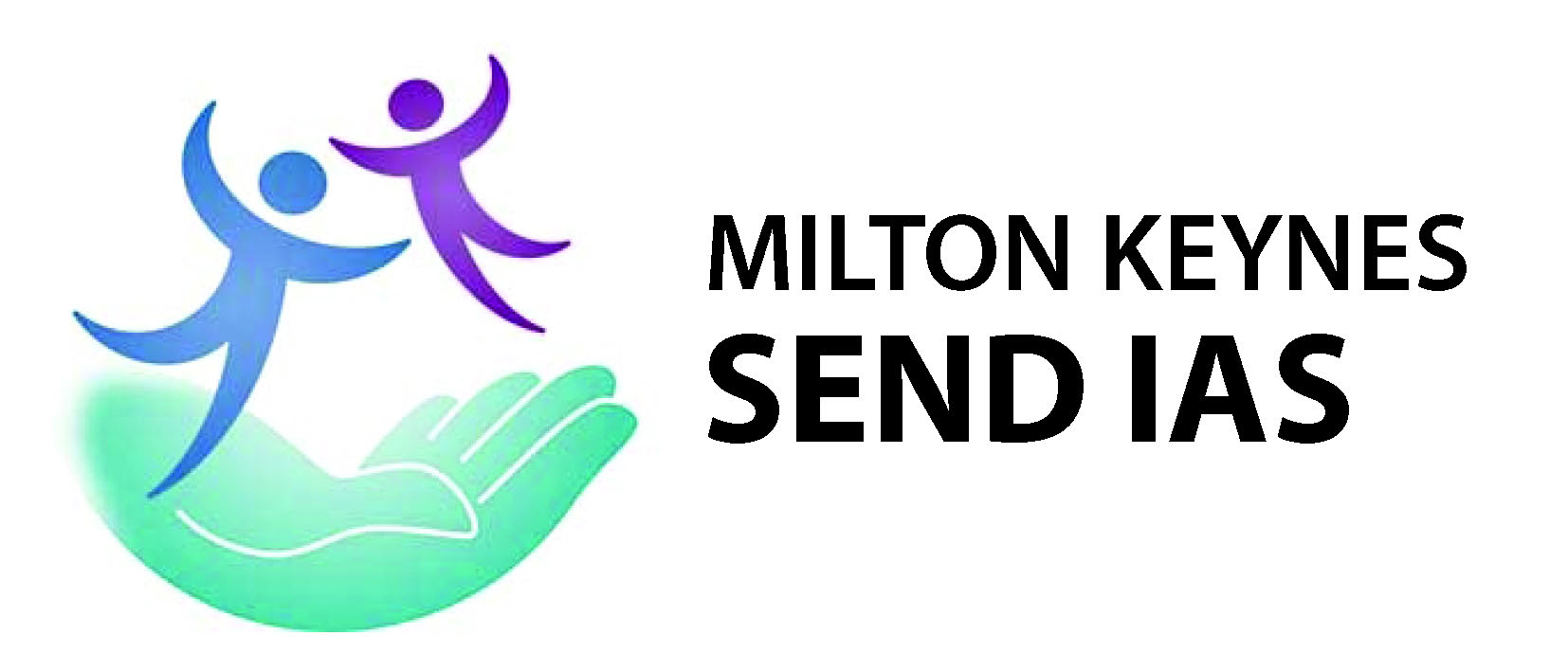The First-tier Tribunals (SEND Tribunal) hears parents’ and young people’s appeals against local authority decisions about the SEN of children and young people. They also handle appeals against discrimination by schools or local authorities due to a child’s disability. Appealing to the SEND Tribunal is a formal legal process.
It is advisable to continue talking to the local authority when you are in disagreement, let them know what it is you disagree with and what you would like to be changed. As it may be possible to resolve without having to lodge an appeal. We have factsheet and short video in our Resources section explaining the Informal Dispute Resolution (IDR) and formal Mediation process.
Suffolk IASS have created a series of short videos to explain the process of Refusal to Assess and EHCP appeal. For further details please see factsheet in our Resources section and visit IPSEA website.
We can support you with preparing and lodging your appeal, helping you with paperwork, guiding you through the process and we may be able to attend with you. If you instruct legal representation we will step back from active involvement.
National Trial: From April 2018, the SEND tribunal has some new powers to look at health and social care as well as education. This is referred to as the Nation Trial. It is currently set to run until August 2021. The trial gives parents and young people new rights to request recommendations about the health and social care needs and provision specified in EHC plans. The Tribunal can make non-binding recommendations on the health and social care aspects of EHC plans with an expectation they will be followed. If they are not going to be followed then the Local Authority (for social care) or the Clinical Commissioning Group (for health) will need to write to the parents/young person and Tribunal within 5 weeks of the decision, explaining why they have decided not to follow the recommendations.
